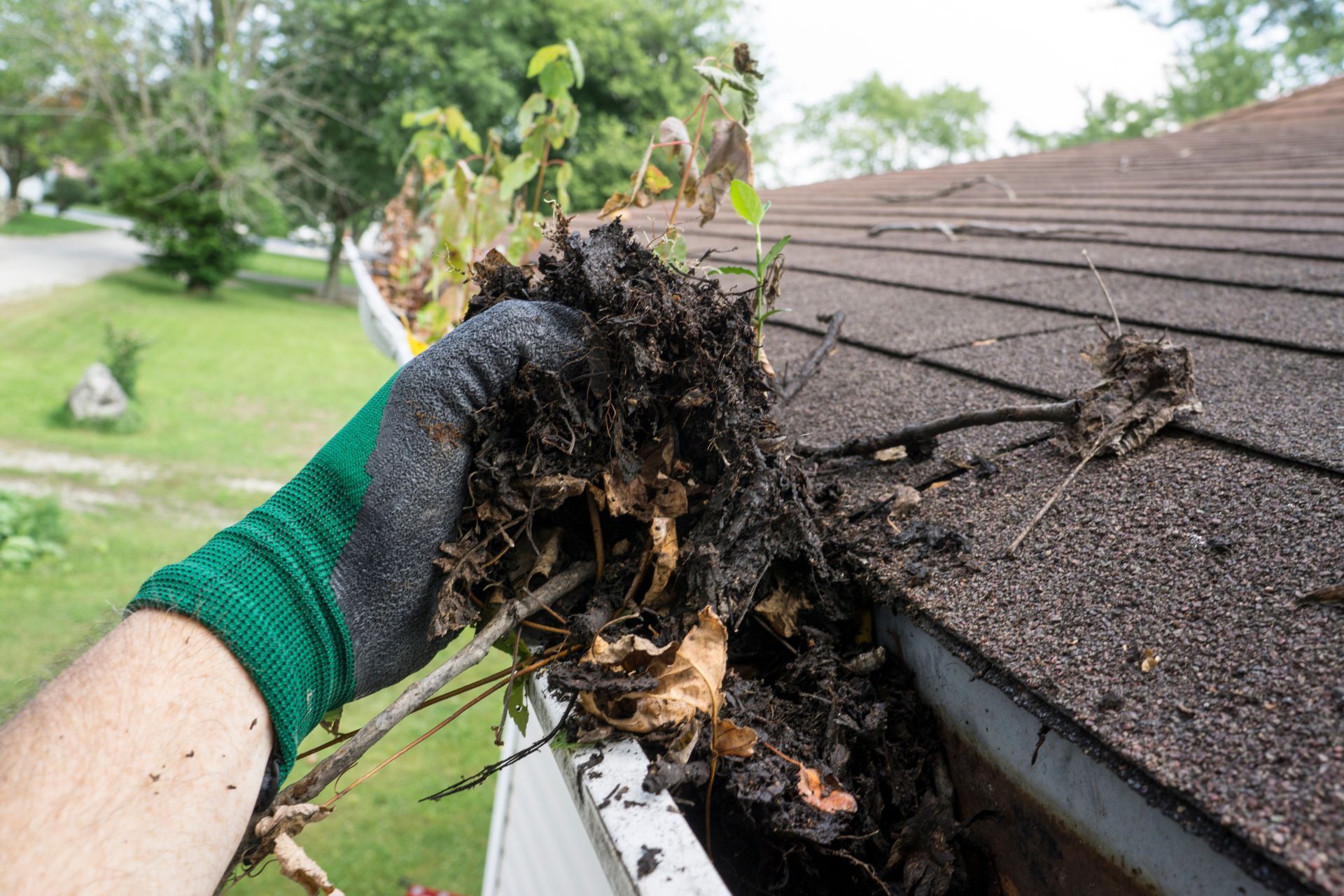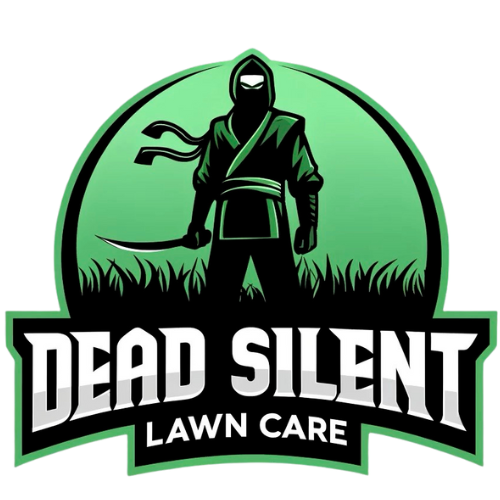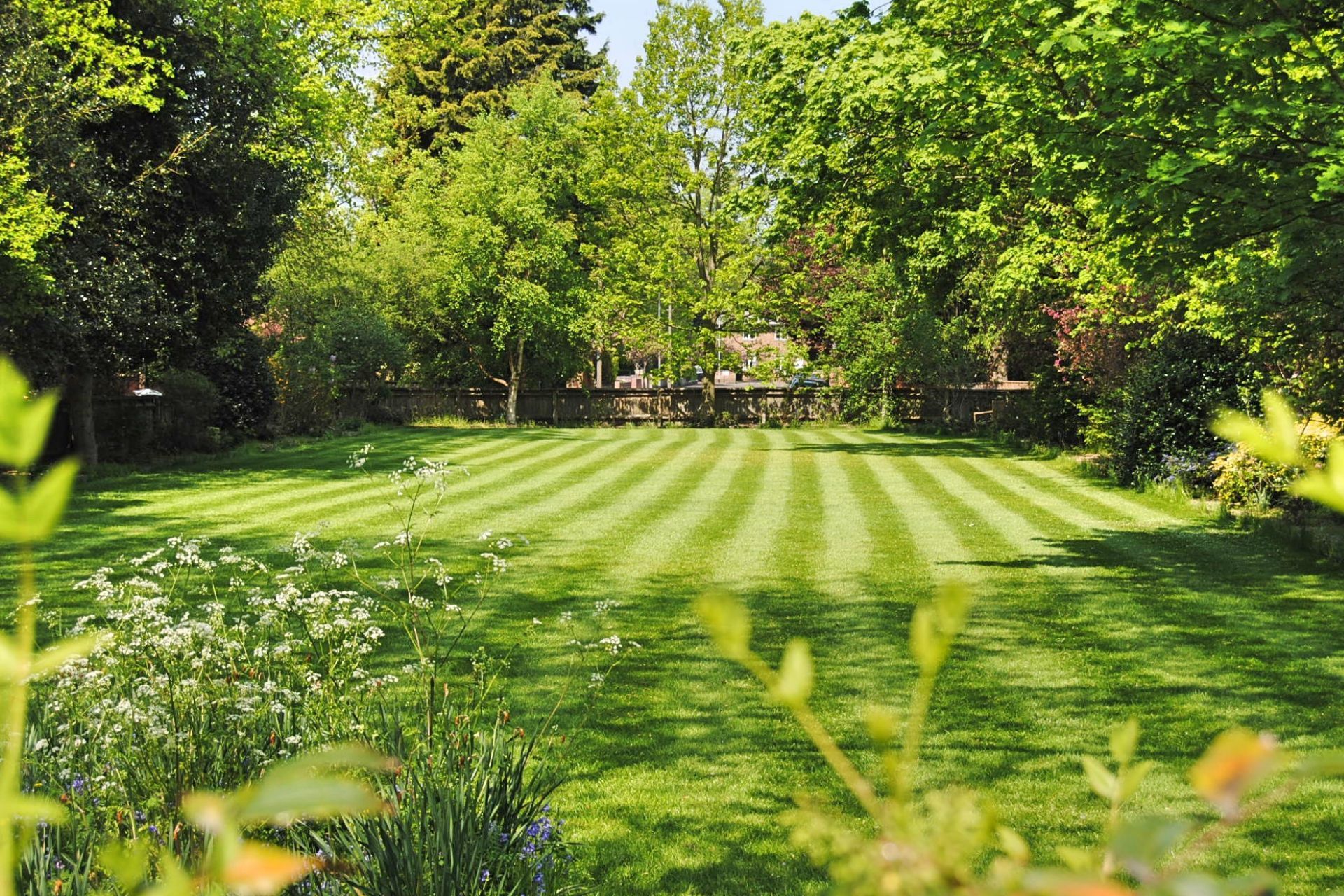How Clogged Gutters Threaten Your Lawn and Foundation in Georgia
Gutters are an often-overlooked component of home maintenance, but they play a crucial role in protecting both your lawn and the structural integrity of your home. In Georgia, where weather conditions can be unpredictable, clogged gutters can have serious repercussions. Dead Silent Lawn Care in Athens, GA, highlights the dangers of neglecting gutter maintenance and how it can impact your lawn and foundation.

The Role of Gutters in Home Protection
Gutters are designed to channel rainwater and melting snow away from your roof and foundation. Properly functioning gutters are essential for preventing a host of problems that can affect both your home's structure and your landscaping.
Preventing Water Damage
By directing water away from your home, gutters protect against water intrusion into your walls, roof, and foundation. This is crucial in Georgia, where sporadic heavy rainfall can lead to significant water challenges if not properly managed.
Landscape Protection
Gutters help manage the flow of water to your lawn. Without them, rainwater can erode soil, destroy plantings, and create unsightly water pooling, leading to potential lawn damage.
How Clogged Gutters Threaten Your Lawn
Clogged gutters cannot effectively redirect rainwater, causing it to overflow and potentially damage your landscape.
Soil Erosion
Uncontrolled water overflow can lead to significant soil erosion on your property. This can wash away nutrients essential for grass and plant growth, leading to a patchy, unhealthy lawn.
Damage to Plants and Flower Beds
Heavy water runoff from clogged gutters can cause damage to delicate plant life. The excessive moisture can lead to rot and disease, impacting the health and beauty of your landscape.
Lawn Flooding
Pooling water due to inefficient drainage can saturate your lawn, leading to root rot and fungal growth, weakening the grass structure and making it susceptible to pests and diseases.
How Clogged Gutters Threaten Your Foundation
Beyond cosmetic outdoor damage, clogged gutters pose a risk to your home's foundation, potentially leading to costly repairs.
Foundation Cracking
Overflowing water can accumulate around your foundation, increasing hydrostatic pressure against basement walls. This pressure can cause cracking and shifting, compromising the foundation’s integrity.
Basement Leaks
Clogged gutters commonly cause water to enter basements, leading to leaks, mold growth, and overall water damage. Such issues can escalate into major health risks and expensive mitigation efforts.
Pests and Infestations
Standing water from clogged gutters can attract insects like mosquitoes and provide breeding grounds for pests that may harm your home and garden. Moist areas can also invite termites, which are a threat to your home’s structural health.
Conclusion
Regular gutter maintenance is crucial for protecting both your lawn and home foundation. In Georgia's dynamic climate, ensuring that gutters are clear and functional can prevent a range of issues from lawn damage to serious foundation concerns. At Dead Silent Lawn Care, we emphasize the significance of routine check-ups and cleaning to safeguard your landscape and home. With proper care, you can avoid the detrimental effects clogged gutters have on your property.
Frequently Asked Questions
How often should I clean my gutters?
It's recommended to clean your gutters at least twice a year, but more often if your home is surrounded by trees or after heavy storms.
What are some signs of clogged gutters?
Overflowing water during rain, sagging gutters, and visible debris are signs of clogged gutters.
Can clogged gutters cause roof damage?
Yes, clogged gutters can cause water to back up onto the roof, leading to rot and potential roof leaks.
How can clogged gutters lead to lawn fungus?
Excess water from clogged gutters can create a moist environment, ideal for fungal growth, which harms your lawn.
What preventive measures can I take against clogged gutters?
Installing gutter guards and scheduling regular inspections and cleanings are effective preventive measures.


